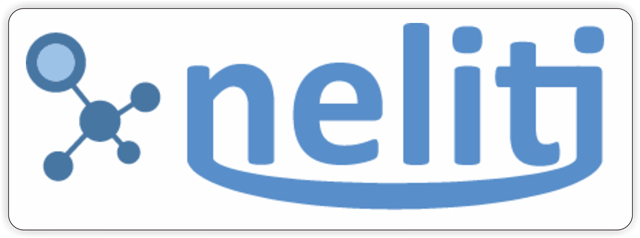ANALISIS KINERJA APARAT DI DINAS PENDIDIKAN PEMUDA DAN OLAH RAGA PROVINSI BALI
Abstract
ABSTRACT
The utilization of the government agency is purposed to create the agency with first-rate service, efficient, effective, clean and respectable, and also can do the duties of public administration and development, which is based on the spirit and dedication attitude for the nation, country and father land, as a model, shelter, and serve the society, and also able to grow the initiative and active participation of the community in development which forms the implementation of Pancasila and UUD 1945. In order to make those purposes are done the government agency must work professionally. Based on those explanations this research is done by hypothesis to the influence of estimate participation to the performance of The Youth and Sport Education Official agency of Bali Province, either directly or through the estimate imbalance, the clarity of estimate purpose, the work motivation and the organizational culture.
The population of this research was The Youth and Sport Education Official agency of Bali Province, which are about 118 agencies. By using Slovin approach was gotten the amount of sampling are 91 agencies. This research used random sampling for getting the samples. The data that was used in this research was primer data. The analysis data tools, which were used in this research, were consists of validity test, reliability test, regression strip analysis.
Based on the findings of this research it can be concluded that there were influences of positif estimate participation to the performance of agencies at The Youth and Sport Education Official agency of Bali Province either directly or through the estimate imbalance, the clarity of estimate purpose, the work motivation and the organizational culture. This result of the research is expected to be used as a guidance of the next research in order to know the factors that can be influenced directly or indirectly to the performance of government agency.
Key Words : the estimate participation, the estimate imbalance, the clarity of estimate purpose, the work motivation and the organizational culture.

















